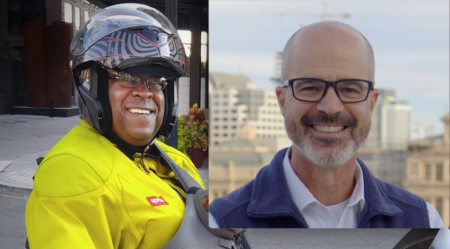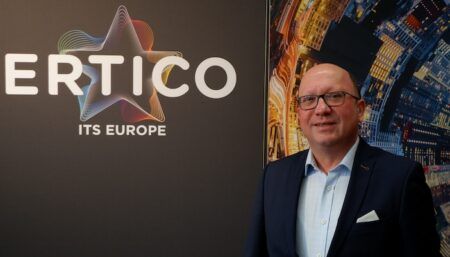Cyber security, virtual reality and machine learning are at the center of a series of ground-breaking research projects being delivered over the coming year by experts from the UK’s Transport Research Laboratory (TRL).
TRL has identified these critical topics as key areas that will inform and evolve the ever-changing global transport landscape, with further projects developing the research around areas such as truck platooning, data science, smart infrastructure, head injuries and driving simulation.
Funding for the projects is one part of the annual investment made by TRL in innovative research and development and is supported by parent company, the Transport Research Foundation, a non-profit distributing organization. The program of 10 innovative projects was devised by the TRL Academy in response to the challenges facing future transport and further supports the Laboratory’s independence and impartiality.
An overview of the TRL Academy’s reinvestment projects in 2015/16, as well as a glimpse of what is to come in 2016/17, has been released in the TRL Quarterly Research Report (July to September 2016). Summarizing the brief for each of this year’s research topics, the document outlines the key research aims and intended applications for each project. The review offers a rare glimpse into some of TRL’s more secretive research into delivering the future of transportation.
The report also details the practical outcomes and next steps from six key projects from the previous 12 months, including a smart asset management technology review, route risk tool development, and the environmental impact of fuel cell electric vehicles. Other projects include developing a cellular automata model for modeling bicycle traffic, investigation fast response NO2 sensor testing equipment, and 3D capture and visualization.
Professor Nick Reed (right), TRL academy director, commented, “It is an absolute honor to be part of a process which helps to drive the future of transport. Choosing the projects that will go on to shape policy, design and technological development is always a challenge, but we apply key criteria around ensuring the research is relevant, disruptive and deliverable.
“More than that, it is about providing the TRL team with the opportunity to follow their ideas – no matter how left field – in a structured and strategic way. I continue to be impressed by the ingenuity and vision of my colleagues as they advance projects beyond the theoretical, and deliver practical, evidence-based knowledge which can be applied to solve complex transport challenges. With an overall goal to produce a transport system that is safe, clean, affordable, accessible and efficient, it is a real privilege to be at the forefront of such innovative research.”




